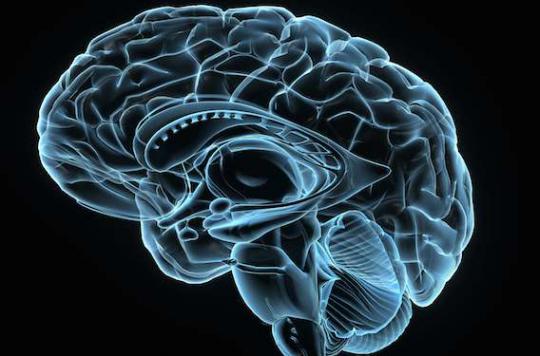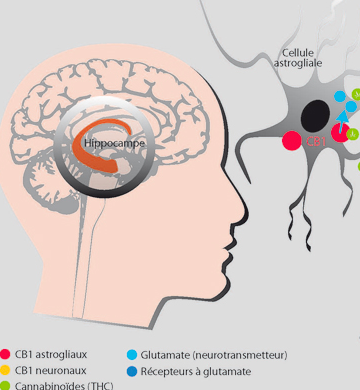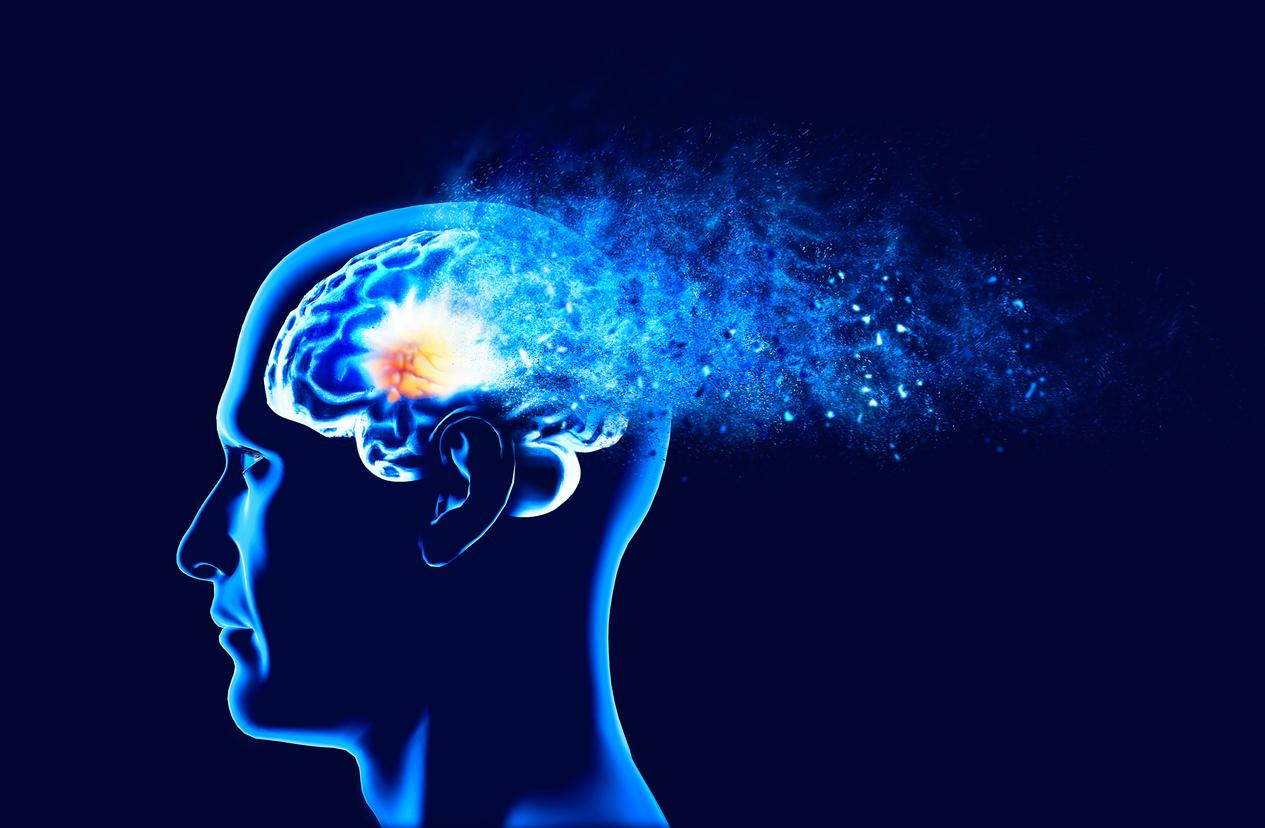INSERM researchers have highlighted the mechanism that takes place in the brain when negative memories allow us to avoid dangers.

When our bad memories are good for us … We may want to get rid of the most unpleasant events buried in our memory, they would be necessary for our survival. This is recalled by a team of Bordeaux researchers from INSERM, who looked into the mechanism for controlling negative (or aversive) memories.
Endogenous cannabinoid system
These memories, as unpleasant as they are, allow the body to create an appropriate physiological response in the event of a threat. If we find ourselves in a dangerous situation that has already been experienced, a feeling of anxiety will be felt, for example, and the body will then take the necessary measures to avoid it.
Published in the journal Neuron, the study demonstrates the key role of cannabinoids in this process. These receptors are found in the central nervous system, including the brain. Together with the endocannabinoid molecules, they form the endogenous cannabinoid system.
This regulates several functions of the body, such as appetite, the perception of sensory information, the sensation of pain … But the role of this system had not yet been studied within the framework of the training. and the action of negative memories.

Source: Inserm. In pink, at the level of the hippocampus of the brain, we see the receptors identified by Inserm, which play a role in the use of negative memories.
On mice
The experimental process is based on the study of mice. These have been conditioned to respond to danger signs, such as certain sounds or smells. They were able to build negative memories in the face of these dangers.
However, some mice studied had a deficiency in cannabinoid receptors. Faced with the risks, the researchers found that they did not express fear, unlike mice with a normal amount of receptors.
They therefore concluded that cannabinoid receptors play an important role in supporting aversive memories and in creating an appropriate response to the dangers by the body.
The concrete applications of these results are numerous. An example: the control of negative memories plays a role in the development of certain mental illnesses, including depression. We can then imagine that future drugs against this disease could be created, to act on the endogenous cannabinoid system.
.

















